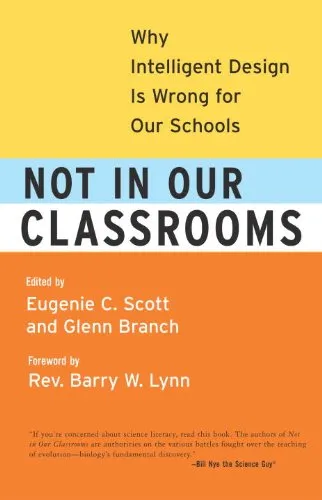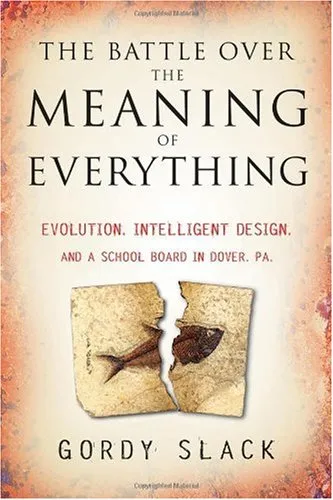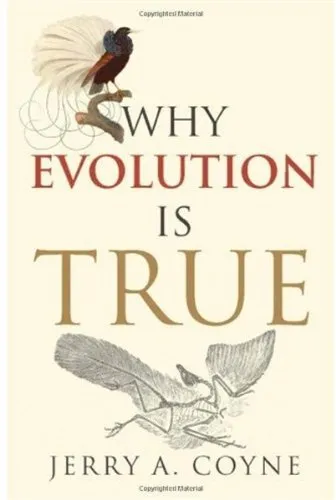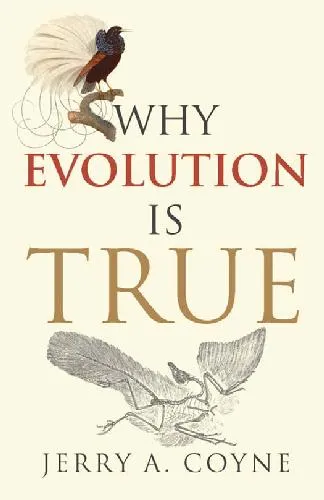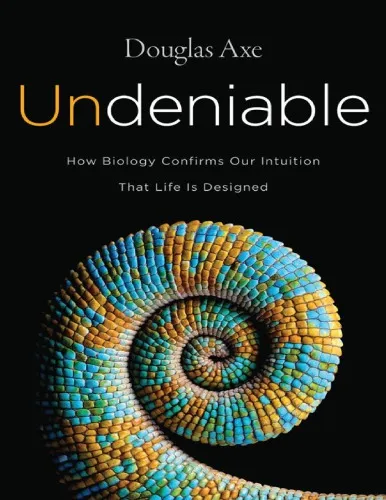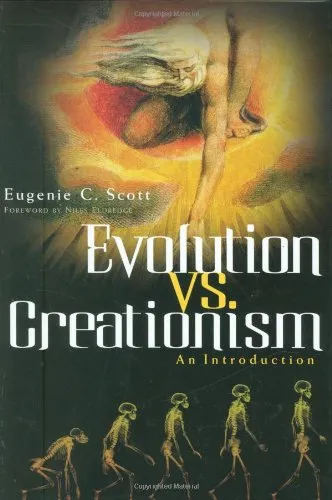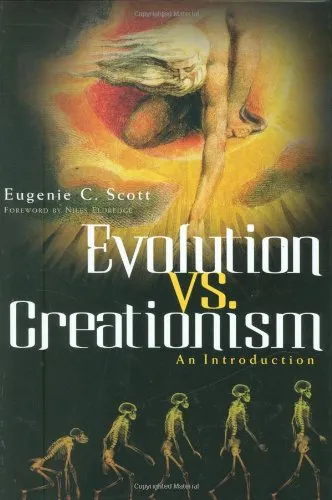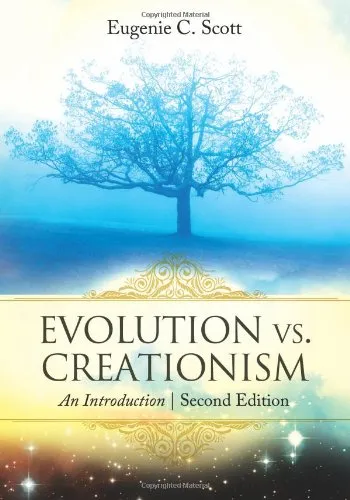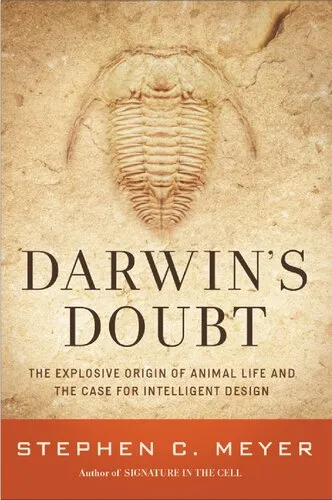Not in Our Classrooms: Why Intelligent Design Is Wrong for Our Schools
3.8
Reviews from our users

You Can Ask your questions from this book's AI after Login
Each download or ask from book AI costs 2 points. To earn more free points, please visit the Points Guide Page and complete some valuable actions.Related Refrences:
Persian Summary
Introduction to "Not in Our Classrooms: Why Intelligent Design Is Wrong for Our Schools"
"Not in Our Classrooms: Why Intelligent Design Is Wrong for Our Schools" is a seminal work that delves into the contentious debate surrounding the teaching of intelligent design in public school science classrooms. Written collaboratively by Eugenie C. Scott and Glenn Branch, both prominent figures in the defense of science education, this book provides a comprehensive dissection of the legal, educational, and scientific flaws of intelligent design as a credible scientific theory.
Detailed Summary of the Book
Throughout "Not in Our Classrooms," the authors present a meticulously researched argument against the inclusion of intelligent design in science curricula. Unlike traditional scientific theories, intelligent design is rooted in religious ideology rather than empirical evidence. Scott and Branch highlight how its proponents often disguise religious motives under scientific rhetoric. By analyzing courtroom battles, particularly the landmark Kitzmiller v. Dover Area School District case, the book underscores how intelligent design fails to meet the standards of genuine scientific inquiry.
The authors strategically dismantle the argument that teaching intelligent design fosters critical thinking or balanced education. Instead, they argue it paves the way for undermining scientific literacy. With contributions from other notable scientists and educators, the text serves as a robust resource that covers the legal, pedagogical, and scientific dimensions of this enduring controversy.
Key Takeaways
- Empirical Standards: Genuine science is based on testability, falsifiability, and peer review, none of which intelligent design meets.
- Legal Precedents: The legal system, as demonstrated by significant court rulings, consistently sides with protecting the integrity of science education by excluding intelligent design.
- Educational Impact: Introducing religiously motivated theories into science curricula distracts from the educational goal of fostering scientific literacy and critical thinking.
Famous Quotes from the Book
"Intelligent design is a Trojan horse, using the language of science to introduce religious ideas into the classroom."
"True science respects the scientific method, based upon evidence and testing. Without these, it becomes indistinguishable from opinion or belief."
Why This Book Matters
The importance of "Not in Our Classrooms" lies in its comprehensive approach to defending science education against ideological intrusions. As society grapples with increasing waves of misinformation, this book serves as a critical educational tool that empowers educators, parents, and policymakers to safeguard the integrity of science education. By examining the multifaceted arguments against intelligent design, Scott and Branch offer a rigorous defense of why this ideology should be kept out of public school science classes.
The book is not only a reflection on the intersection of science and culture but also a call to action to support evidence-based education. In an era where science denial can have profound consequences, "Not in Our Classrooms" provides the necessary intellectual ammunition to assure that science remains empirical and that educators are equipped to teach the next generation of students to think critically and intelligently.
Free Direct Download
You Can Download this book after Login
Accessing books through legal platforms and public libraries not only supports the rights of authors and publishers but also contributes to the sustainability of reading culture. Before downloading, please take a moment to consider these options.
Find this book on other platforms:
WorldCat helps you find books in libraries worldwide.
See ratings, reviews, and discussions on Goodreads.
Find and buy rare or used books on AbeBooks.
1465
بازدید3.8
امتیاز0
نظر98%
رضایتReviews:
3.8
Based on 0 users review
Questions & Answers
Ask questions about this book or help others by answering
No questions yet. Be the first to ask!
